Australian MPs have no doubt Assange held as ‘political prisoner’
Two Australian MPs who have visited Wikileaks founder Julian Assange in a high-security prison in the British capital, London, have described him as a “political prisoner,” expressing doubt that the whistleblower can receive a fair trial in the United States, where he is wanted for publishing classified US documents incriminating America in potential war crimes.
On Tuesday, Australian MPs Andrew Wilkie and George Christensen visited Assange in Belmarsh Prison in east London in an attempt to check on his well-being and lobby for his release.
They said they had been left in “absolutely no doubt” that Assange was a “political prisoner,” adding that his detention for engaging in “legitimate journalistic practices” was “madness” in the first place.
“The US is determined to extradite Assange to get even,” Wilkie argued at the gates of Belmarsh, adding that the solution to bringing Assange’s incarceration to an end “must be political.”
He called the fact that the UK was even considering having a court case to consider Assange’s extradition to the US rather than telling the administration of US President Donald Trump to “back off” was simply “madness.”
Assange was arrested in London in April last year after he was expelled from the Ecuadorian Embassy — where he had taken refuge for seven years — due to pressure from Washington. The activist is still fighting the US bid to be extradited from Britain.
The 48-year-old Australian citizen is currently serving a 50-week sentence in the United Kingdom before he will be extradited to the US on espionage charges related to his work.
Assange used WikiLeaks to publish secret documents online, including classified military and diplomatic files in 2010 about US bombing campaigns in Afghanistan and Iraq that proved highly embarrassing to the US government.
He now faces a maximum sentence of 175 years in prison in the US if convicted of all of the charges brought against him there.
“It is completely and utterly unacceptable” for Assange to be facing espionage charges in the US for his role in revealing war crimes committed by the US, Wilkie said.
“I do not know that there is a way that Julian fairly and justly could ever be imprisoned, could ever be extradited,” said Christensen, adding that “He’s one of ours... He’s not a Brit, he’s not an American, and he should be returned home.”
The two Australian MPs further said it was evident that the WikiLeaks co-founder was under “a lot of pressure,” adding that there was no doubt he had suffered “prolonged exposure to psychological torture.”
Separately on Tuesday, a spokesman for Assange said that he was no longer being kept in solitary confinement and his health was improving.
“I saw him about 10 days ago; he has improved thanks to the pressure from his legal team, the general public, and amazingly, actually from other inmates in Belmarsh Prison to get him out of isolation,” Kristinn Hrafnsson said.
Earlier, a group of doctors representing 117 physicians and psychologists from 18 nations had called in a letter for an end to what they described as “the psychological torture and medical neglect of Julian Assange.”
His father, John Shipton, said Assange’s long confinement had damaged his health and said he feared that sending his son to the US would be akin to a “death sentence.”
“His situation is dire, he has had nine years of ceaseless psychological torture where false accusations are constantly being made,” he told reporters.
Assange’s supporters expressed concern about the state of his health after he appeared disoriented during a court hearing in October last year.
The mainstream media in the West have all but ignored the WikiLeaks founder’s story.
Assange’s full extradition hearings will begin on February 24 and will last for one week. The hearings will then pause until April 20 when they are expected to restart for a further three weeks.
Storms destroy 90 percent of displacement tents in Gaza, authorities say
VIDEO | Press TV's news headlines
VIDEO | The political project behind a billion-dollar fortune
Egypt says it rejected huge financial offers to accept Palestinian displacement
VIDEO | Iran launches 3 satellites into orbit aboard Russian Soyuz rocket
Ukrainian forces should retreat from Donbas for peace to happen: Russia
Abu Obeida: Masked Hamas spokesman who became voice of Gaza’s resistance
Qassam Brigades confirms martyrdom of its spokesman Abu Obeida


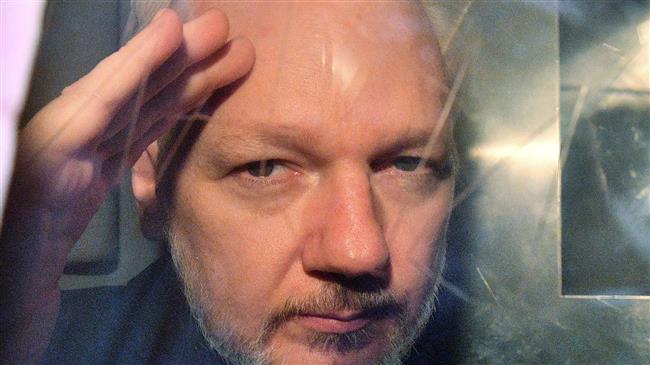


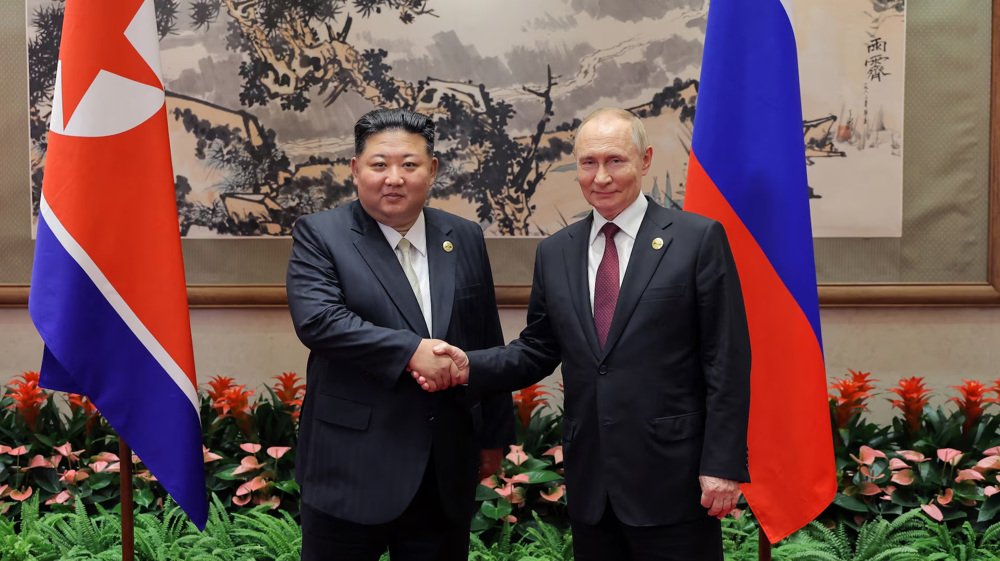





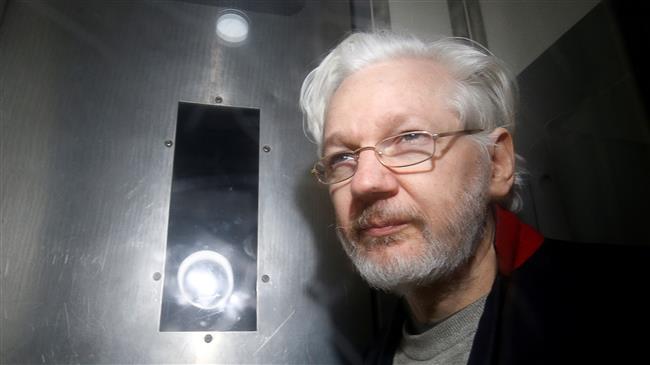
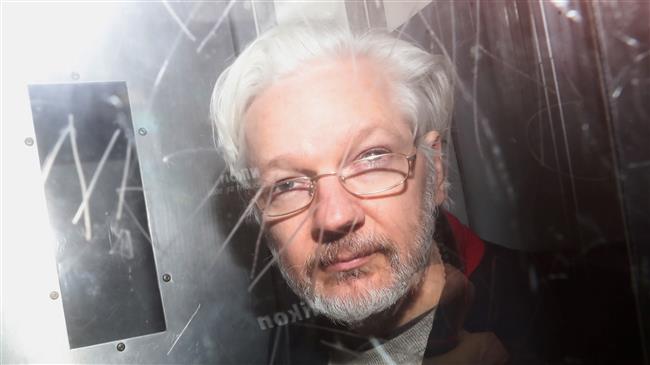

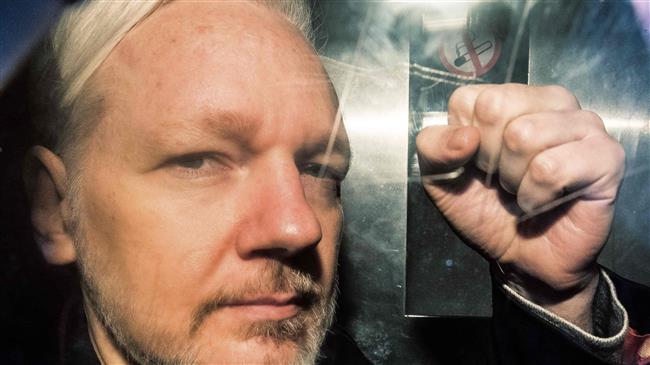
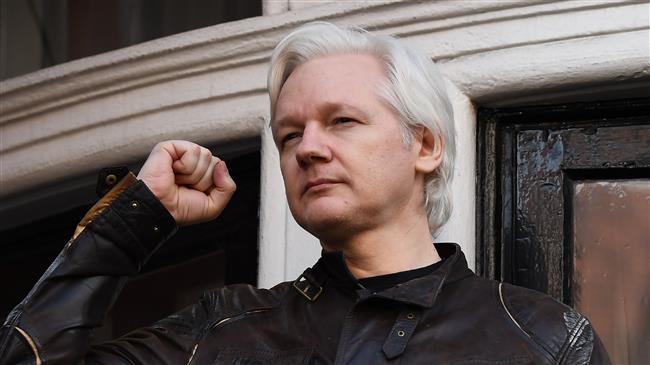

 This makes it easy to access the Press TV website
This makes it easy to access the Press TV website